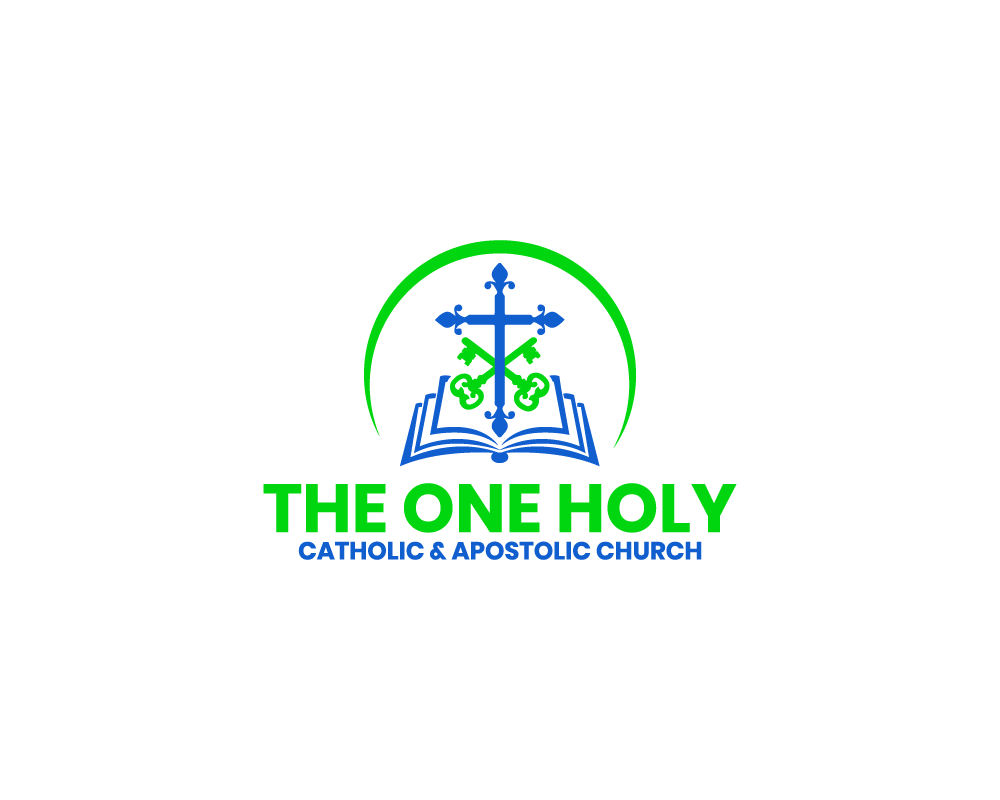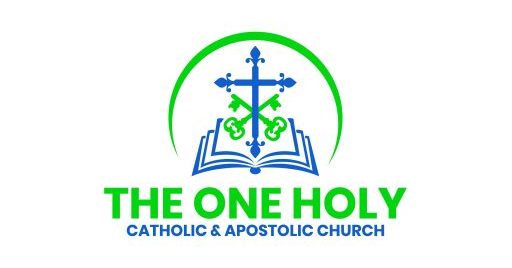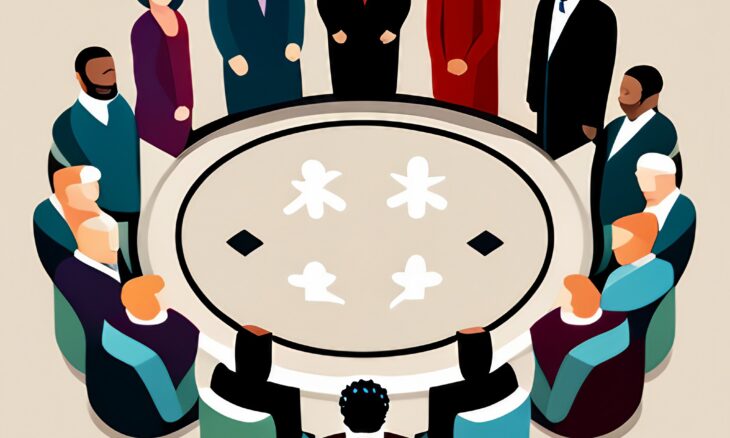The Ecumenical Patriarchate’s Stand
Located at a significant meeting point between continents and civilizations, the Ecumenical Patriarchate strongly advocates for religious tolerance. As Orthodox Christians, we are called to support the victims of religious oppression and work towards peace worldwide.
Universal Freedom and Human Dignity
Every person carries the divine spark of freedom and is destined to be an authentic child of God. Regardless of cultural differences, every human being is created in the image and likeness of God, deserving equal respect and dignity.
Condemning Racism and Nationalism
The Orthodox Church has consistently condemned racism and ethnic feuds. However, racial discrimination persists even within religious circles. Religious leaders must exercise wisdom and prevent the exploitation of religious sentiment for political or nationalistic purposes.
Rejecting Violence and Exploitation
Peace achieved through force is no longer acceptable, and crimes committed in the name of religion betray its true essence. Appeals to religious symbols for aggressive nationalism betray the universality of faith and offend God.
Defending Freedom and Conscience
Freedom of conscience and religion are essential for all minorities. Violating the sanctity of life, pursuing immoral policies, and engaging in ethnic cleansing cannot be tolerated. We must respond promptly to forced migration and condemn actions that tear families apart.
The Reflection of God’s Image
Freedom of conscience, granted by God, reflects the divine nature within humanity. Restricting this freedom, especially in worship, goes against the original blessing bestowed upon all human beings.
Fundamental Principles of Orthodoxy
Orthodox belief upholds the words of Jesus Christ, emphasizing the freedom to follow Him. To deny or withhold freedom is to deny the presence of God. God’s relationship with the world is characterized by persuasion, not compulsion.
The Crucial Role of Freedom of Conscience
Legal consolidation of freedom of conscience, particularly religious freedom, is a vital aspect that prevents oppression based on religion. It ensures society’s progress without imposing homogeneity.
The Inspiring Role of Religious Leaders
Politicians alone cannot mend the rifts caused by extreme nationalism. Religious leaders have a crucial and inspirational duty to bring forth spiritual principles of tolerance and unity, complementing and sometimes contrasting secular politics.
Communities of Faith as a Counterbalance
Communities of faith, including Christians, Jews, and Muslims, provide a counterbalance to secular humanism and exclusive nationalism. While acknowledging our differences, we must unite in solidarity and fellowship to combat intolerance and racism.
Embracing the Presence of Peace
Peace surpasses the mere absence of war; it invokes the divine presence. Believers in a loving God must proclaim the power of perfect love that dispels fear and actively pursue peace in all aspects of life.
A Transformative Change in Worldview
To truly understand and embrace this peace, a fundamental shift in worldview is necessary. We must undergo a revolution of the divine Spirit, redirecting our hearts from self-centeredness to the divine light of Christ, the beacon of righteousness.
Becoming Prophets of Love and Peace
Religious individuals are not called to be statesmen or military generals, but rather to allow God to work through them. Acting as prophets of a loving and peaceful God, they walk humbly, embodying the qualities of love and peace in their actions.



